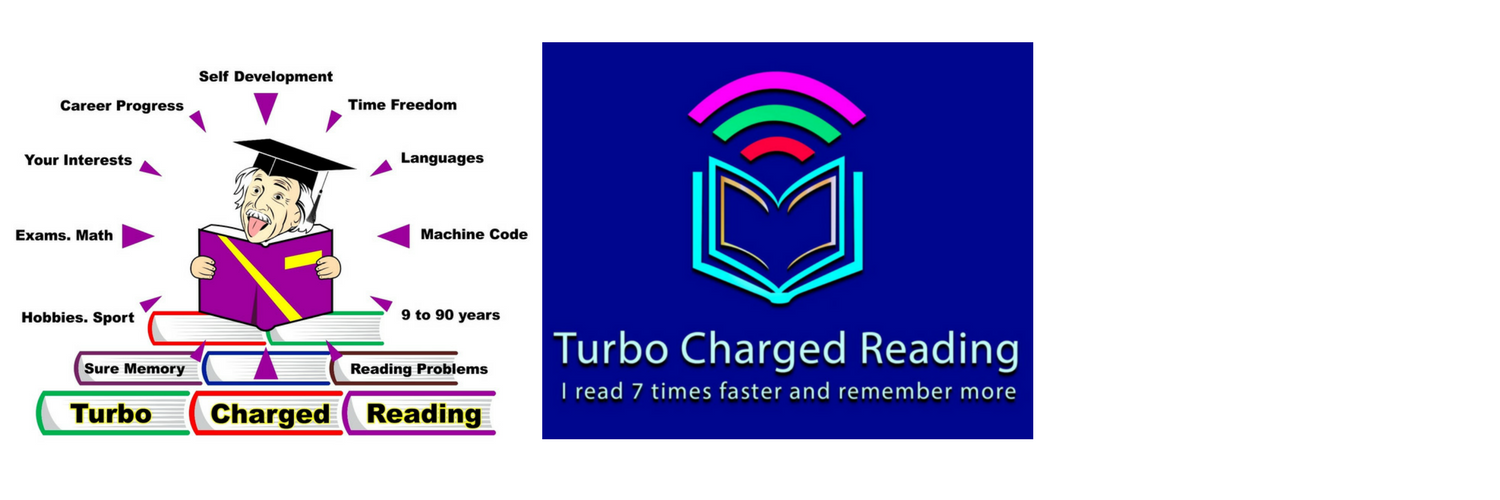Duke of Argyle's tea plant arching over the sunset.
How Neuroscience
Can Help You Get Smarter
What you read about your brain affects how you use it.
Joseph Dumit Ph.D
One of the holy grail of neuroscience research
is a brain experiment that shows us
how to live better and teaches us how to think better.
From the Bell Curve to PET scans,
we hope that studies of our neurology and psychology will
guide us in designing our society too. Using the latest findings about the
brain to raise your child is the latest prize in this search.
One of the most fascinating articles in neuroscience I've
read recently was "The Secret to Raising Smart Kids", by Carol
Dweck. This article discusses a set of research projects by Dweck and
others
on how different views of intelligence held by
children affect their school performance.
Those kids with a "fixed mindset" think that
intelligence is innate and those kids with a
"growth mindset" think that you intelligence is
something you improve through working hard.
What Dweck found is that kids with the fixed mindset gave
up when they encountered
really hard problems, apparently because they imagined
they had hit their plateau;
if they were really talented, then the problems would
have been easy.
Growth-oriented kids, however, treat difficult problems
as opportunities to improve
their
intelligence. Not surprisingly, growth-oriented kids continue to improve in
school.
Here's the kicker: you can change a child's mindset by
having them read neuroscience,
but choose it carefully! Dweck did an experiment where
she gave one group of kids
regular instruction and another group instruction plus an
article about how neurons
continue to grow throughout life and can be encouraged to
grow through effort. Those kids
who read this article tended to adopt the growth mindset,
and do better than the other kids.
This is neurosci-therapy, akin to bibliotherapy where
psychologists have clients read books
to improve their outlook. Our faith in
neuroscience gives these findings the ability
to change our minds (and maybe our brains).
Dweck has been researching and promoting this outlook
for years.
Dweck has a book, Mindset, and may or may not be
finishing a software program (called Brainology) that takes this idea further,
allowing kids to play with a simulated brain
and watch neurons grow, further cementing a growth
mindset.
Most of the discussion online
about Dweck's work is concerned with the robustness
of her findings and whether
she is careful enough to distinguish intelligence from schoolwork.
Many
psychologists think that intelligence is one of the most innate and fixed parts
of our minds, based upon many of their tests which show that it doesn't change
much as you age.
But perhaps their project is
a bit circular in that the very act of giving someone a
"test of their
intelligence" encourages them to adopt a fixed mindset! Feel free to delve
into Dweck's work and the intelligence debates if you want to form a proper
opinion about them.
Which brings us the kicker to the kicker. We may wish
that neuroscientists could run an experiment which would settle once and for
all whether intelligence can be improved or not. But to do that
we'd have to figure out what we really want intelligence
to mean, especially for our kids.
And that turns out to be precisely the problem. Both
fixed and growth perspectives
have good points, but they disagree on what is worth
measuring and for what reasons.
And each article you read reinforces one notion or the
other. This is a scientific deadlock, and Dweck is suggesting a radical view:
choose the neuroscience you read to fit the society you want to live in.
The real lesson for me here is that every bit of
neuroscience you read potentially pushes you
to adopt a particular mindset. Not just about
intelligence and performance, but society, relationships, addiction, sexuality,
aggression, etc. We need to pay close attention to
this neuroscience-feedback. And this isn't all that
different from choosing to watch CNN or FoxNews or IndyMedia --
where they each show facts, but which facts they show
and how they are framed, helps to reinforce a particular
view of the world.
Ihttps://www.psychologytoday.com/blog/promiscuous-facts/200804/how-neuroscience-can-help-you-get-smarter
I didn't expect it to be such a short circuit in neuroscience.
But I do know what I'm going to teach my son about his
brain.
Turbo Charged Reading: Read more>>>Read
fast>>>Remember more>>>Years later
Contact
M’reen at: read@turbochargedreading.com
You can TCR software
and engineering manuals for spontaneously recall –
or pass that exam.
I can Turbo Charge Read a novel 6-7 times faster and remember what I’ve read.
I can TCR an instructional/academic book around 20 times faster and remember what I’ve read.
A practical overview of Turbo Charged Reading YouTube
How
to choose a book. A Turbo Charged Reading YouTube
Advanced Reading Skills Perhaps you’d like to join my FaceBook group ?
Perhaps
you’d like to check out my sister blogs:
www.innermindworking.blogspot.com gives many ways for you to work with the
stresses of life
www.ourbusinessminds.blogspot.com
development, growth, management. www.mreenhunthappyartaccidents.blogspot.com
just for fun.
To
quote the Dr Seuss himself, “The more that you read, the more things you will
know.
The
more that you learn; the more places you'll go.









